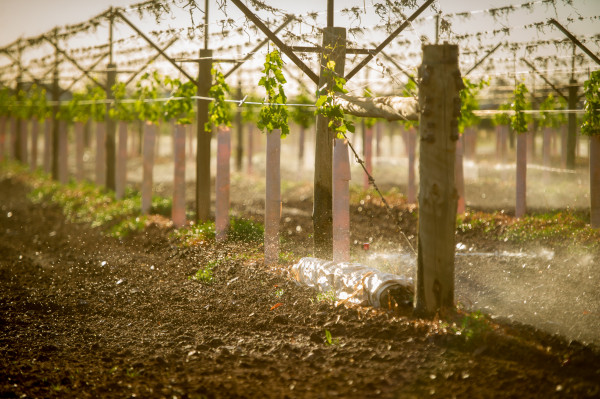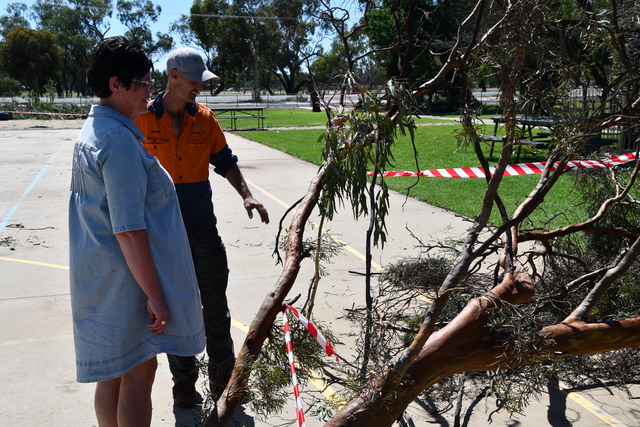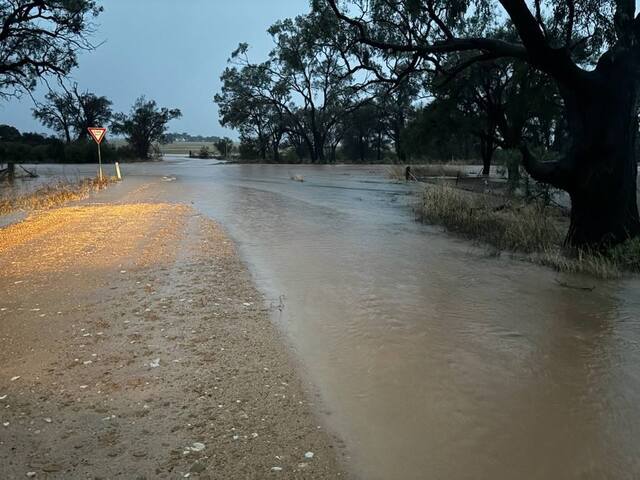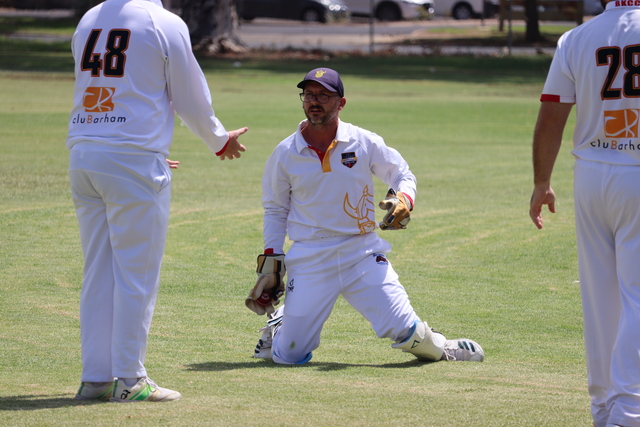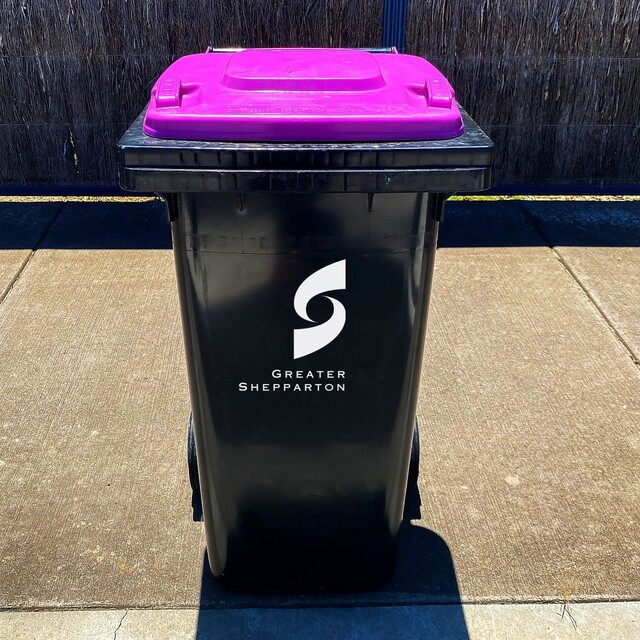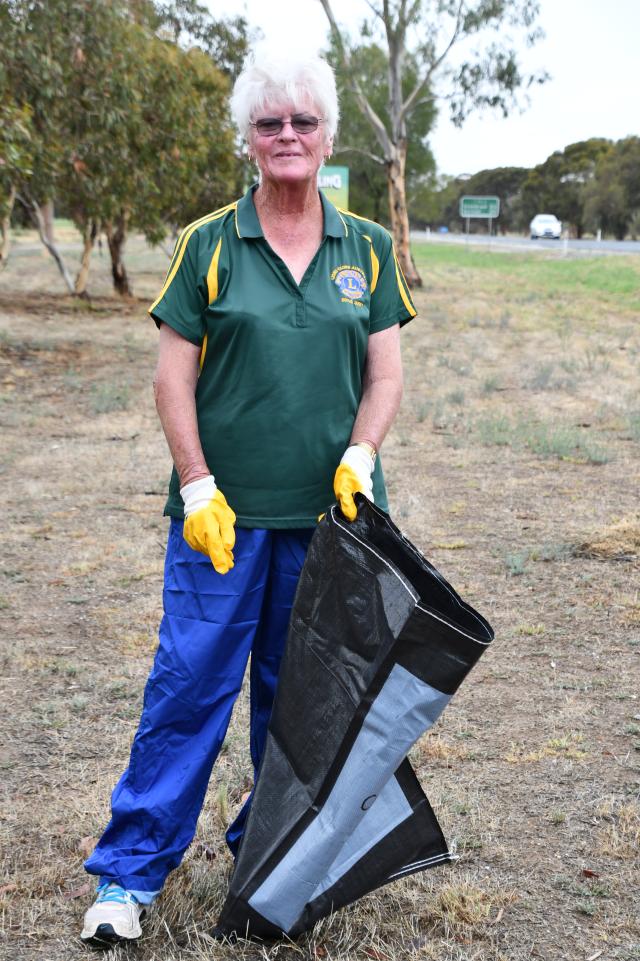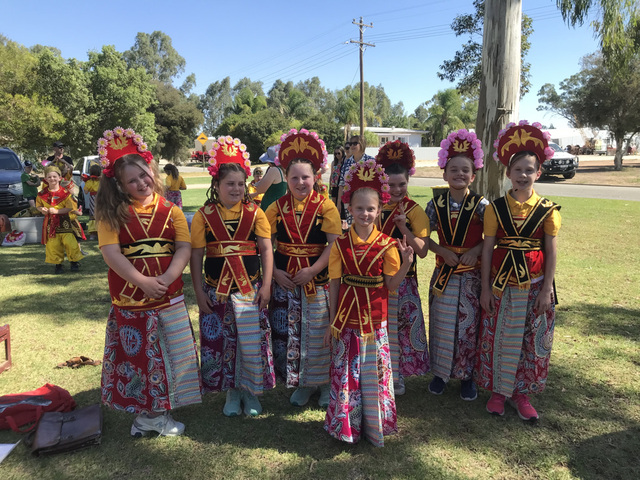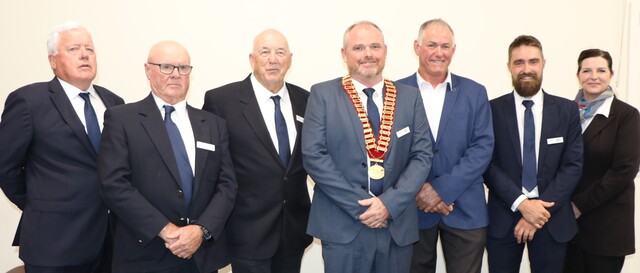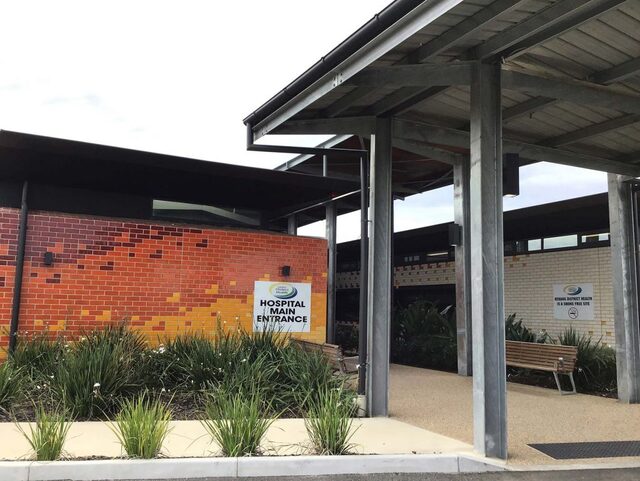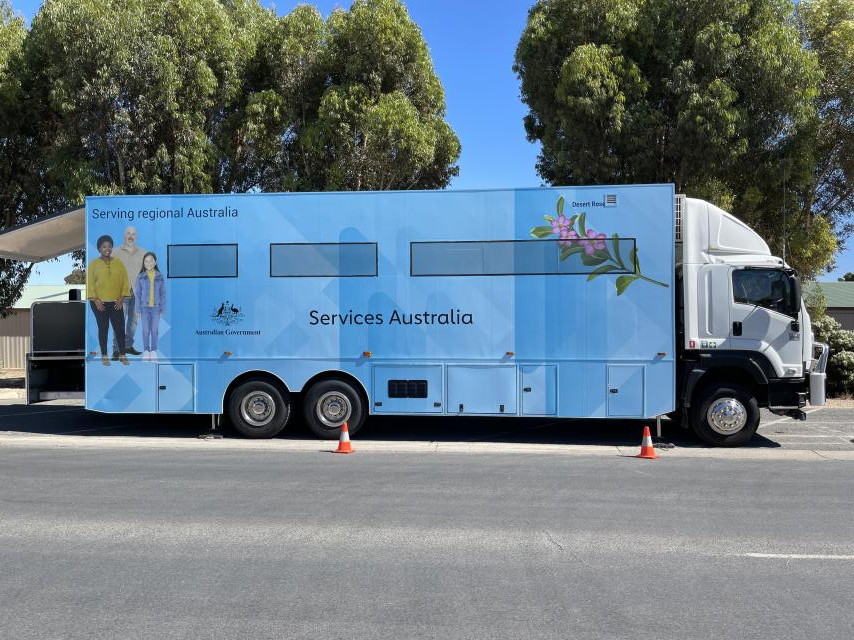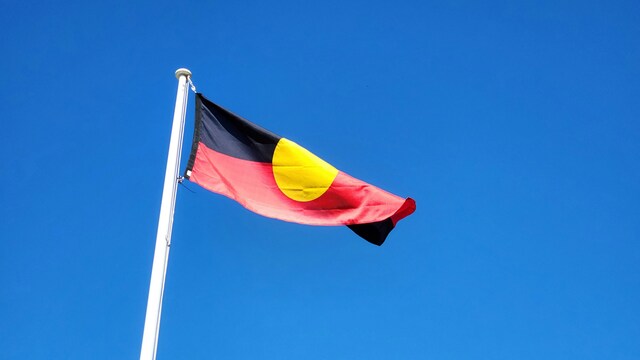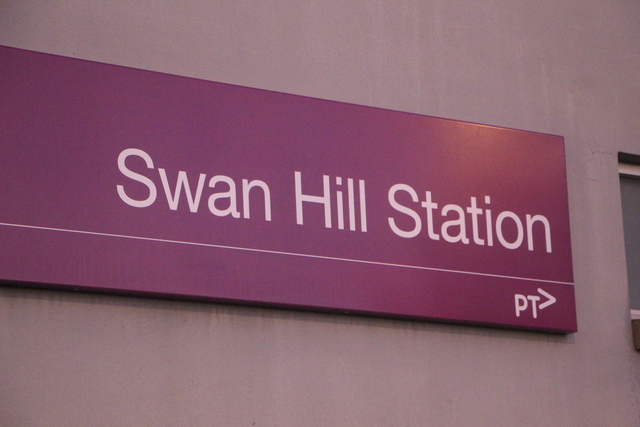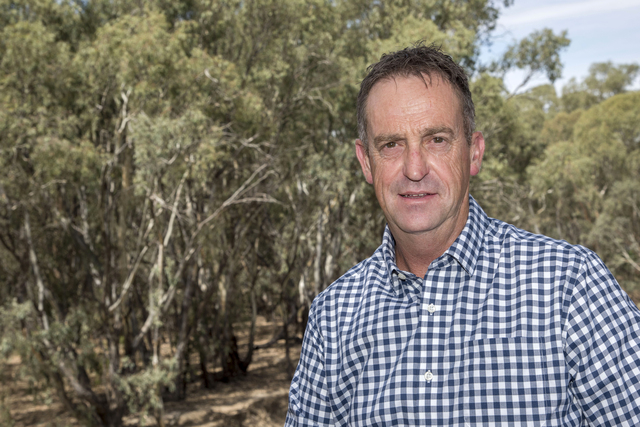MEMBER for Mallee Anne Webster says the Federal Government should scrap water buybacks after new evidence showed farmers had returned environmental water by “magnitudes” more than the buyback target.
Dr Webster said the Murray-Darling Basin Authority had “quietly” released its 2022-23 report into water take in the Murray-Darling Basin, including domestic and farming use, which “laid waste” to Labor’s claims in a $14 million advertising campaign that water was being “overused”.
The MDBA has previously calculated maximum recommended volumes of water removal, and communities need to stay below these limits to keep the basin’s environment sustainable.
The 2022-23 Sustainable Diversion Limit Accounts Registers of take and interim registers of take showed that consumptive water use across the basin was well below allowed levels.
The report found every valley in the basin used less water than was permitted in 2022-23, continuing a trend across multiple valleys since accounting began in 2019.
The Victorian Murray had an actual annual take of 909.8 gigalitres, compared with an annual permitted take of 1145.4GL in the report (79.4 per cent of permitted take, with 236.5GL less taken), while the Loddon Valley’s actual take was 34.4GL less than permitted (97.6GL of 132GL allowed, 74 per cent taken).
Across the basin, 1568.8GL less was taken than irrigators were entitled to use.
“Labor is right now buying 70GL of annual water entitlements across the basin, though much is expected to be bought in the southern basin,” Dr Webster said.
“Yet, across the three catchments alone in my electorate of the Mallee, irrigators voluntarily declined to use more than four times that – 302GL – in the latest reporting year, while across the basin, irrigators returned 22 times that amount voluntarily to the environment.
“Little wonder Labor sat on this report until they started wasting precious taxpayer money buying water – it is a disgrace.”
The Murray Regional Strategy Group – a coalition of industry, community and irrigation groups across the NSW Murray Valley – said the facts don’t back up the claims.
MRSG deputy chair Alan Mathers said the report highlighted an “indisputable fact that claims of water overuse still occurring in the Murray-Darling Basin are wrong”.
“This latest data proves we are achieving the ultimate goal of ensuring we have a sustainable Murray-Darling Basin, and this should be celebrated and applauded,” Mr Mathers said.
“With all the evidence being compiled, telling us we are not taking too much water out of the system, it is hard to understand why the government would even contemplate recovering more water through buybacks when we know the damage they cause to our communities.
“Despite strong objection from those who live in the basin, the government is currently buying more water from farmers, which it says is to protect the environment.
“This doesn’t make sense, as we now know it is not needed. The buybacks mean there is less water for our farmers to grow food. So they reduce food production, hurt rural communities and push up food prices.”
Mr Mathers said the latest figures showing less water use than permitted was not a one off, as had consistently been the case since the start of data monitoring in 2019.
“Australia is a smart country, but at times we struggle when there is a need to adjust policy settings as more information becomes available. This is certainly one of those instances,” he said.
“Water buybacks have already cost thousands of jobs and continue to come at an economic cost of more than $600 million a year in lost production, while also pushing up food prices at the supermarket checkout.”
Federal Water Minister Tanya Plibersek said the government was using the best available research to deliver the basin plan.
“We’ve changed all that and are getting on with the job of delivering the Murray-Darling Basin Plan in full, in a way that supports communities, jobs and our environment,” she said.
“Alongside basin states and territories, our government is listening carefully to regional communities. We understand there may be social and economic impacts of recovering water.
“That’s why we’re providing a record $300 million support package for basin communities before water recovery impacts are felt, supporting jobs and economies. It will ensure regional communities are as strong as possible as the basin plan is rolled out in full.”

